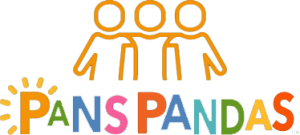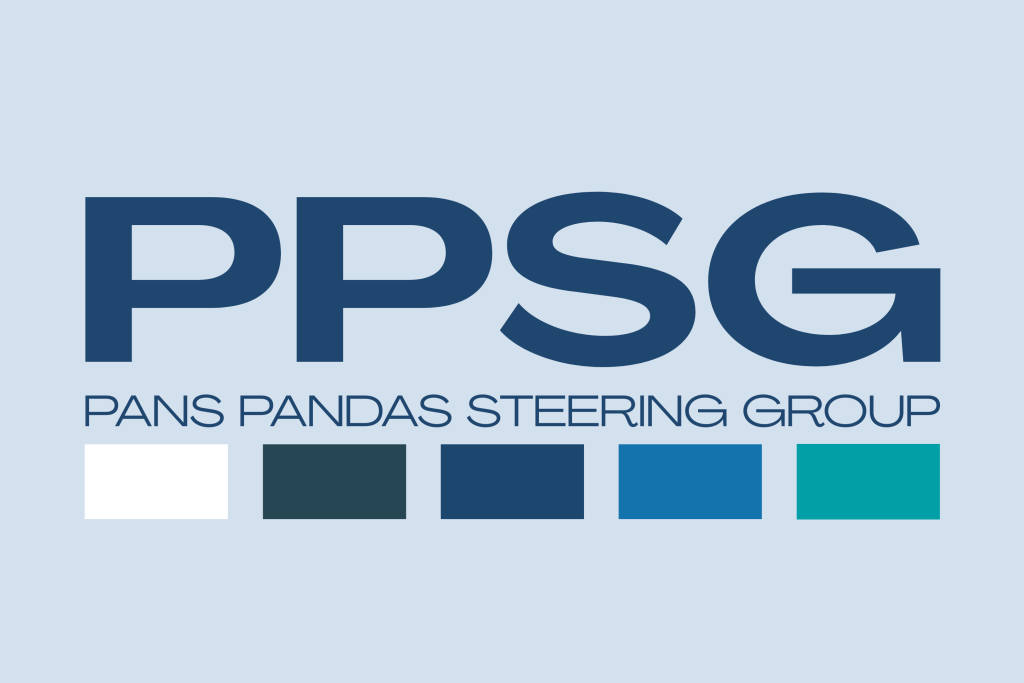PANS PANDAS Steering Group
The PANS PANDAS Steering Group (PPSG) was convened in 2022, with support from NHS England, to address the variation in care available to children and young people presenting with symptoms of PANS and PANDAS.
The PPSG has representation from the following organisations:
- British Paediatric Neurology Association
- PANS PANDAS UK
- Royal College of Psychiatrists
- Royal College of Paediatrics and Child Health
- Royal College of Nursing
- Royal College of Occupational Therapy
- British Paediatric Allergy, Infection and Immunology Group
- Royal College of General Practitioners
- British Association of Social Workers
The PPSG works hard to improve standards of care for people affected with PANS and PANDAS in the UK. The group collaborate with key stakeholders to produce clinical guidelines, distribute guidance for education, social care and health professionals, expedite UK research and develop a treatment pathway and service model.
To find more information on the PPSG, its members and its four working groups please visit www.theppsg.org.uk.
Key Publications:
International Guidelines
Whilst work continues to develop UK clinical guidelines, the PPSG signpost clinicians to the two international peer-reviewed treatment guidelines for PANS and PANDAS.
2025 Letter to NHS Chief Executives
The PANS PANDAS Steering Group has written to every NHS Trust Chief Executive, across all four nations, highlighting that care and treatment for those affected by PANS and PANDAS varies significantly across the UK.
2024 Statement Update
This update informs clinicians of the establishment of the PANS Guideline Development Group, signposts to the recommendations made in the earlier statement, and provides an important reminder that clinicians should be aware that the absence of a multidisciplinary team service should not lead to referrals of these patients being rejected, nor that clinicians should be prevented from exercising their own proficiency and judgement.
2023 Statement
This statement is relevant to primary and secondary care physical and mental health NHs services that may come into contact with children and young people presenting with acute onset neuropsychiatric symptoms.



